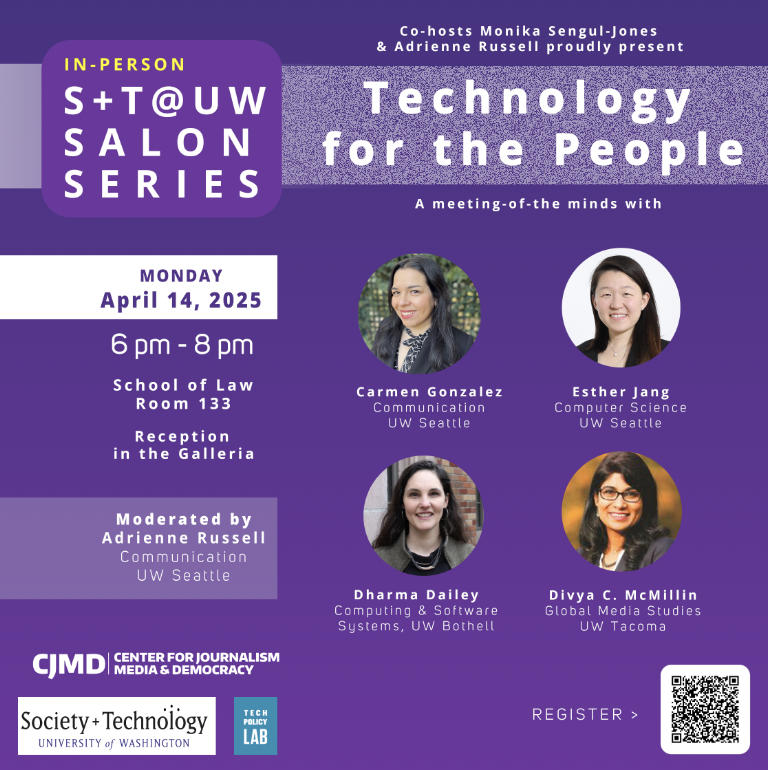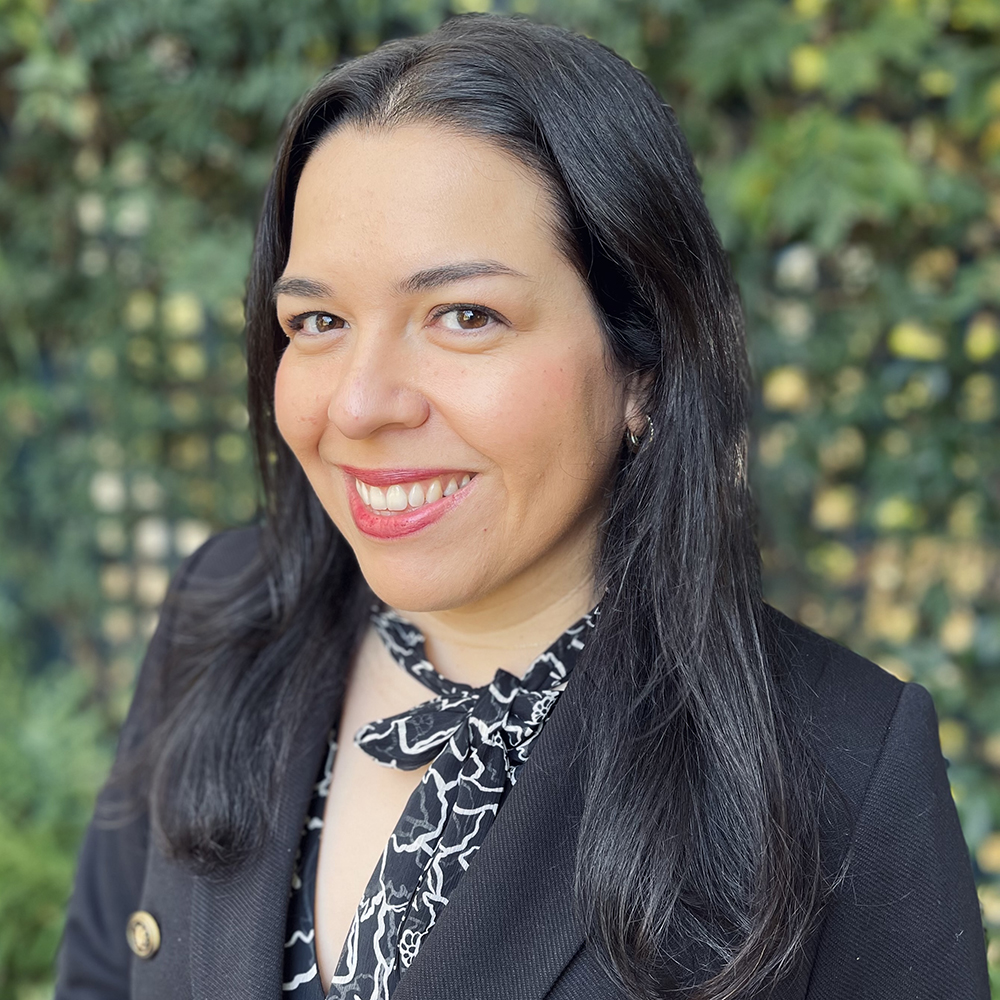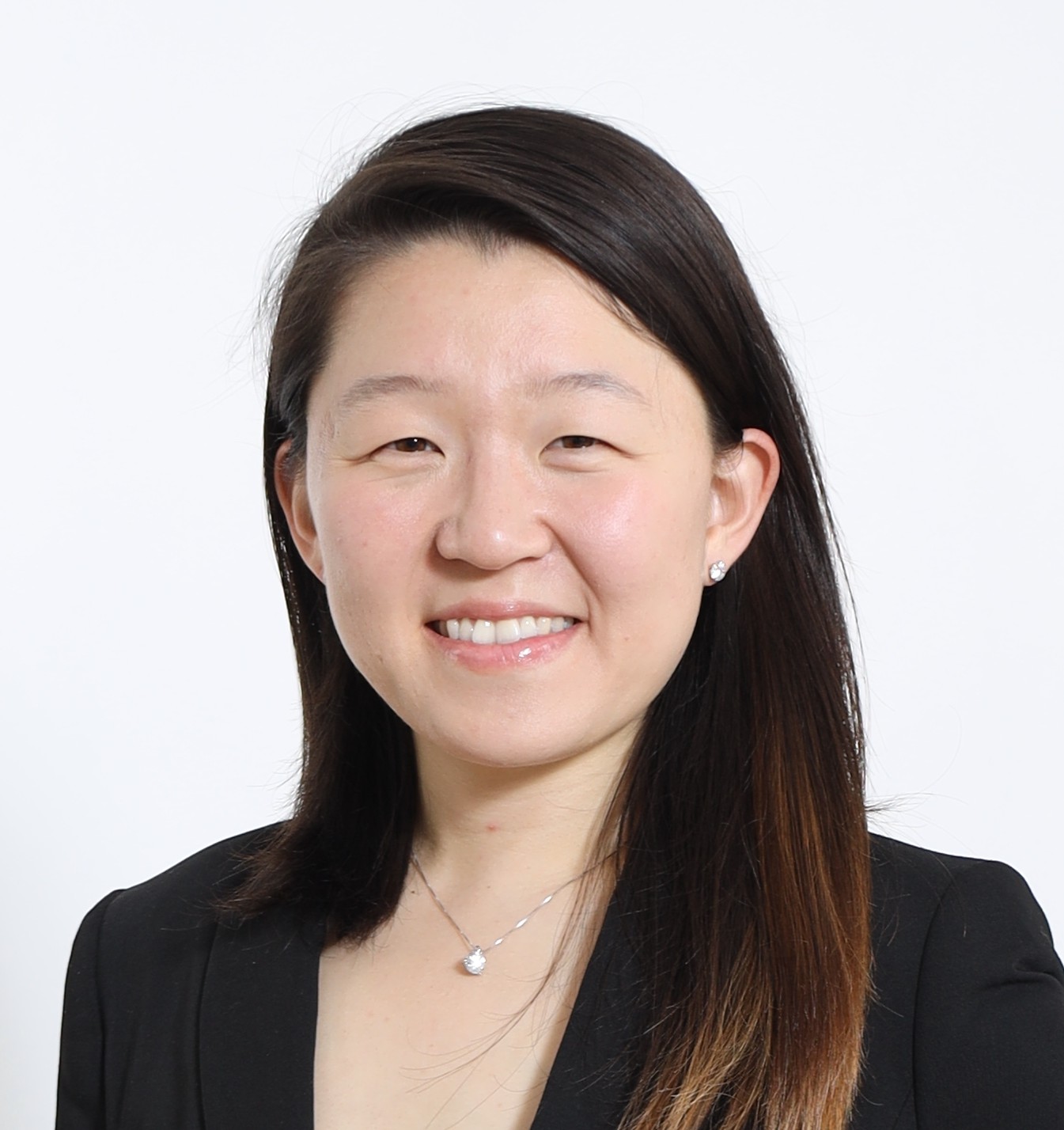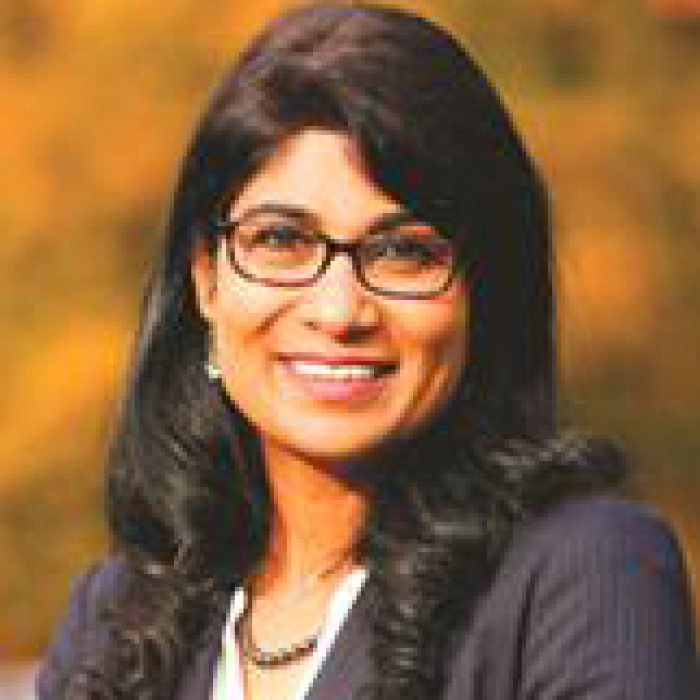You Are Invited
Technology for the People is a Society + Technology at UW salon co-hosted with the Department of Communication’s Center for Journalism, Media, and Democracy arranged to showcase empathetic, community-focused engagement with technologies for justice and democracy.
Featuring speakers from UW Seattle, UW Tacoma, and UW Bothell, the conversation will discuss efforts toward digital equity and information access in the Puget Sound region from a range of disciplines including communication, computer science, public policy, and human-centered design and engineering.
Anyone interested in attending is welcome, however, registration is required.
When?
Monday, April 14, 2025
6 pm to 8:00 pm PDT
Where?
Toni C. Rembe Appellate Courtroom, Room 133
Reception to follow in the Galleria
4293 Memorial Way Northeast, Seattle, WA 98195
School of Law, University of Washington, Seattle
Cost
The event is free, but registration is required.
Program
6:00 | Doors open. Check-in at the Welcome Desk at the east entrance to Gates Hall
6:15 – 7:30 | Salon conversation with Dharma Dailey (Computing & Software Systems, UW Bothell), Carmen Gonzalez (Communication, UW Seattle), Esther Jang(Computer Science, UW Seattle), Divya C. McMillin (Global Media Studies, UW Tacoma); moderated by Adrienne Russell (Communication, UW Seattle) with an introduction by co-host Monika Sengul-Jones (Society + Technology at UW)
7:30 – 8:00 | Reception in the Galleria
Register
Recording
This salon will not be available in a hybrid format, however, a recording or transcript may be available upon request and with permission from the speakers. Email mmjones@uw.edu to learn more.
Travel and Parking
The School of Law is accessible by transit, car, bicycle, and foot.
By public transit, the School of Law is accessible to many busses and less than 0.2 miles from the U District station for the Light Rail. The entrance to the event is on the east side of the building, on Memorial Way.
By car, exit 1-5 to NE 45th St and go east. Turn right onto Memorial Way Northeast, then turn right to enter Lot N01, adjacent to the Burke Museum, which has Pay By Phone parking.
Bicycle racks are available on the north end of the building.
Accessibility
All areas of this space are wheelchair accessible. There are ADA parking spots in Lot N01 Hall. The event, reception, and bathrooms are conveniently located on the main floor. If you need accommodations or have accessibility questions prior to the event, please contact mmjones@uw.edu; during the event, please ask the Society + Technology at UW and Tech Policy Lab staff or volunteers for assistance.
Masks
We are a mask-friendly event. Even though masks are no longer required in many places, attendees may want to continue to wear a mask for added protection against COVID-19, especially those who are immunocompromised, living with someone immunocompromised, or who may just feel safer wearing a mask. Everyone should assess their own personal risk when making this decision. Masks will be available at the Welcome Table at the east entrance to the School of Law. Please do not attend if you are feeling unwell.
About Salons
Salons are one of Society + Technology at UW’s community programs, hosted conversations to elevate the cross-campus and cross-disciplinary perspectives on emerging technologies. Each Salon is a one-hour and fifteen-minute conversation between three to five affiliates from the S+T network, with a moderator. The purpose is to recognize and honor live, arranged encounters as a meeting of the minds, to give greater visibility to the S+T network, and to cultivate intellectual conditions for deeper collaborations.
Speaker Biographies
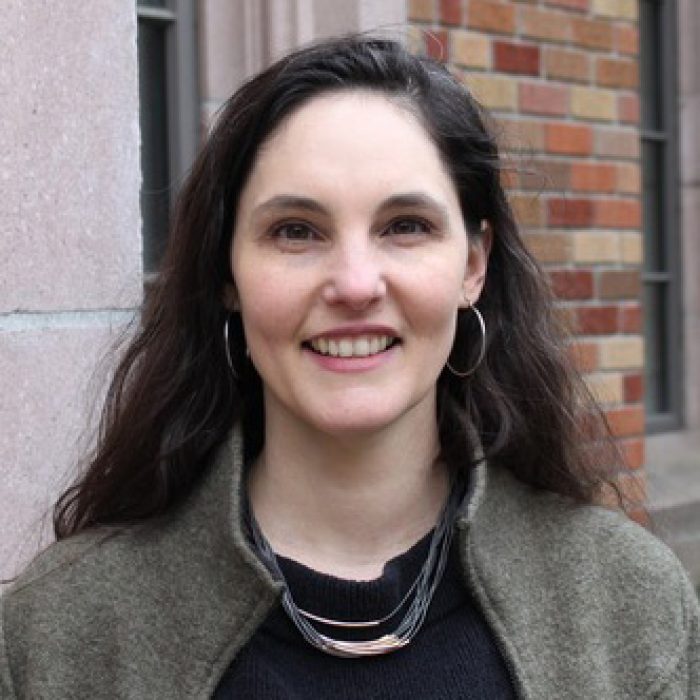 Dharma Dailey
Dharma Dailey
Dharma Dailey is an Assistant Teaching Professor in the Computing & Software Systems Division of the University of Washington Bothell School of STEM where she teaches User Research, Interaction Design, and Intro to Programming. As a faculty affiliate at the eScience Institute at the University of Washington, Dailey investigates how human-centered design can be incorporated into data-intensive research. She has mentored dozens of scientists in exploring the social dimensions of their research and collaborates with educators across the U.S. who are bringing “Data for Good” into the learning experiences they foster, for example, helping to share better practices for running university-based Data Science for Social Good programs.
Carmen Gonzalez is the Dart Endowed Associate Professor in Trauma, Journalism, and Communication. She studies digital equity and health communication to understand how communication information technologies can help or harm health disparities, for instance, she’s studied postpartum care and telemedicine, language access in medical settings, and information access within immigrant families. Her research, funded by the NIH, UW Population Health Initiative, and Google, also includes rapid response projects on COVID-19’s disproportionate impact on communities of color. Carmen is Co-Director of the Center for Communication, Difference, and Equity (CCDE), founder of the Health Equity Action Lab (HEAL), and Director of Outreach for the Harborview Injury Prevention and Research Center (HIPRC).
Esther Jang is a Postdoctoral Researcher in Computer Science at the University of Washington. She holds a Ph.D. in Computer Science from the University of Washington. Jang is also a Director at the nonprofit Local Connectivity Lab (LCL) and the founder of the Seattle Community Network (SCN), a project launched in 2019 to build DIY internet infrastructure for digital equity. She has installed community networks across the U.S. and internationally and teaches technical networking at the Tribal Broadband Bootcamp (TBB). Her work focuses on DIY approaches, empowerment, and pedagogy, emphasizing the creation of communities of practice to sustain technical infrastructures—and vice versa.
Divya C. McMillin is a Professor of Global Media Studies in the School of Interdisciplinary Arts and Sciences at UW Tacoma and the Associate Vice Chancellor for Innovation and Global Engagement (PhD 1998, International Communication and Cultural Studies, Indiana University Bloomington; Innovation Masters Certificate 2019, Stanford University), where she is at the helm of the Institute for Innovation and Global Engagement, and, The Global Innovation and Design Lab, a space for problem-solving and expertly facilitated workshops and executive education in social innovation and design thinking. She is a leading scholar of global media studies and practitioner of participatory design and design thinking. Divya is author of several books, including International Media Studies and Place, Power, and Media which bring a postcolonial critique to media globalization. Divya has received numerous research and teaching awards as well as UW Tacoma’s awards for distinguished research and community engagement. She holds affiliate teaching appointments in the UW Seattle Henry M. Jackson School of International Studies South Asia Center and Center for Global Studies. She is a Guest Lecturer in the London School of Economics. McMillin began her career in print (The Times of India) and broadcast journalism (All India Radio and National Public Radio). In her spare time, she enjoys playing bass and traveling the world.
Adrienne Russell is Mary Laird Wood Professor of Communication and co-director of the Center for Journalism, Media, and Democracy. Her research lies at the intersection of journalism, technology and political communication. It focuses on emerging technologies and pressing social problems, with an eye toward how to foster democratic and participatory publics. Her most recent book, The Mediated Climate (Columbia University Press 2023), explores the overlapping climate and information crises, examining how journalism, activism, and Big Tech compete to influence the public.
More about the Center for Journalism, Media, and Democracy
CJMD is a hub for research, teaching and public discussion about the forces shaping information practices, media cultures and core democratic values. Through research, teaching, and public engagement, we explore connections between public institutions, the press, and digital platforms with the aim of identifying the threats and opportunities to quality information, robust engagement, government accountability, and core democratic values.
More about Society + Technology at UW
Society + Technology at UW is a cross-campus, cross-disciplinary initiative and community at the University of Washington devoted to fostering interdisciplinary conversations about emerging technologies and their societal impact. The initiative connects researchers, students, and professionals through events, discussions, and collaborative initiatives. With a growing network of affiliates, S+T at UW raises the ethical, cultural, and policy implications of technological advancements.
Sponsors
This event is sponsored by the Tech Policy Lab, the Department of Communication, and the Office of the Provost.
